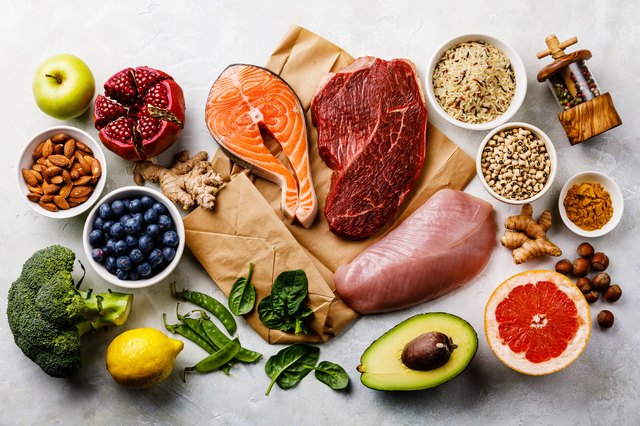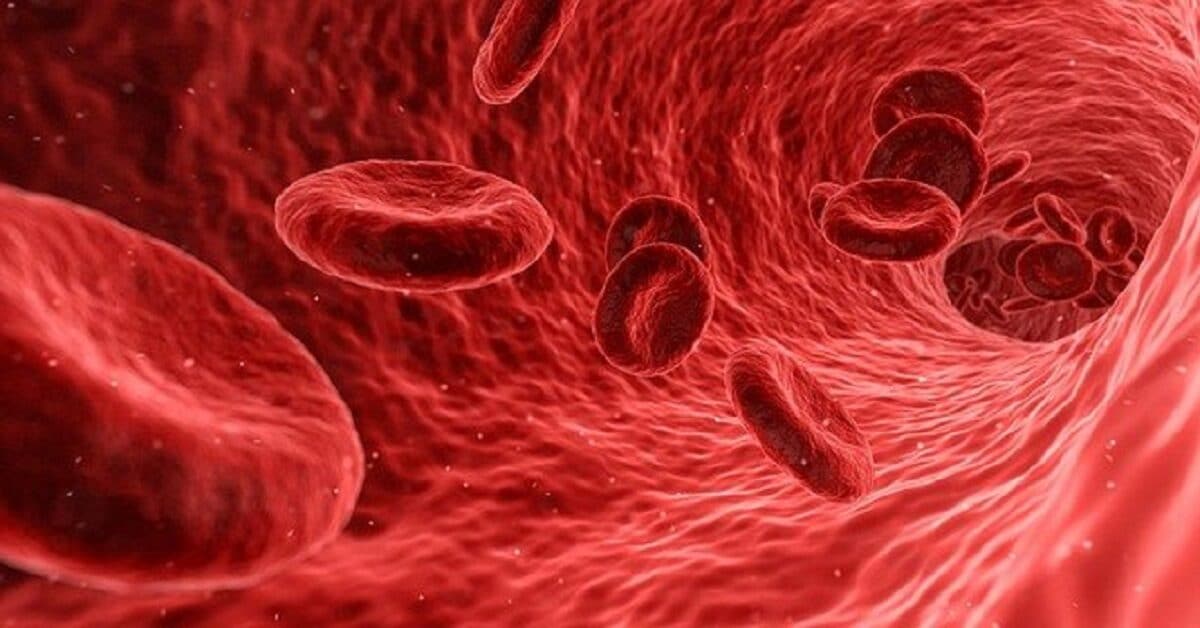WHAT IS IRON?
Iron is a necessary mineral that is essential to many internal processes. It is an important component of haemoglobin, the oxygen-transporting protein found in red blood cells. Additionally, iron is necessary for the synthesis of DNA, immune system, and neurotransmitters. This essential ingredient is crucial to maintain general health and wellbeing.

WHAT ARE THE BENEFITS OF IRON?
The benefits of Iron include:
- Helps in Anaemia: Iron supplementation is effective for anaemia triggered by iron deficiency, which is the most prevalent type of anaemia. Iron deficiency anaemia, if ignored, can result in consequences like arrhythmias, an enlarged heart, and cardiac failure. Studies have demonstrated that iron supplementation, especially in women who are menstruation, significantly raises iron levels, lowers the prevalence of anaemia, and improves poor iron status. For accurate diagnosis, monitoring, and advice on iron supplementation to treat iron deficiency anaemia and reduce related risks and problems, consulting with a healthcare expert is crucial.

- Reduces fatigue: Iron supplementation may be effective in treating unusual fatigue, even in those who are not anaemic but have low haemoglobin levels, which signal iron deposits. During their reproductive years, women seem to experience this more frequently. According to research, daily iron supplements help lessen menstruation women’s fatigue. Women between the ages of 18 and 53 who experienced fatigue were enrolled in a randomised experiment, and those with iron levels under 50 mcg/L and haemoglobin levels over 12 g/dL were randomly assigned to receive either 80 mg of elemental iron or a placebo. Although there was not a noticeable boost in general quality of life, the group taking iron reported a greater reduction in fatigue. These results show that iron supplementation may reduce fatigue in those who are not anaemic but have low ferritin levels. For a complete assessment, diagnosis, and advice on iron supplementation to deal with fatigue-related symptoms, it is crucial to speak with a healthcare practitioner.
- May improve athletic performance: Since iron promotes the synthesis of myoglobin, which carries oxygen to muscles, it is crucial for athletic performance. Athletes, particularly endurance athletes, may require more iron. Vegetarians and female athletes are more likely to experience an iron scarcity. The right amount of dietary iron must be consumed for optimal functioning. It has been demonstrated that iron supplements can sometimes improve workout performance. According to studies, regular iron supplementation enhanced both maximum and submaximal exercise performance in women of reproductive age as well as in people who were menstruation. Athletes may make sure they are consuming enough iron to perform at their best by checking their iron levels and consulting to medical professionals.
HOW DOES IRON WORK IN HUMAN BODY?
When iron gets into the system, it goes through a number of processes in the body to carry out its essential tasks. A protein called transferrin helps carry iron into the bloodstream after it gets taken in in the small intestine. The protein that carries oxygen in red blood cells, haemoglobin, is produced using iron there. Additionally, iron is used in a number of metabolic and enzymatic pathways that contribute to the generation of energy.
Studies have demonstrated how efficiently the body can absorb and use iron. For instance, studies reported in the American Journal of Clinical Nutrition showed that factors including levels of iron and the presence of other dietary components affect how much iron is absorbed from dietary sources.
The management of iron deficient anaemia further demonstrates iron’s positive effects on health. According to a study in the Journal of the American Medical Association, iron supplements effectively raise haemoglobin levels in people with iron deficiency anaemia and improve their iron level. Overall, the body’s ability to absorb, transport, and use iron is crucial for a number of biological functions. Studies shed light on iron’s function in preserving good health, notably in relation to energy metabolism, circulation of oxygen, and the treatment of anaemia caused by iron deficiency.
HOW MUCH IRON CAN A PERSON TAKE?
The recommended dietary allowance (RDA) for iron suggests various daily intakes based on age, gender, and particular life stages. These recommendations are made to promote ideal iron levels and guard against iron insufficiency. Specific iron requirements can vary depending on things like general health, level of activity, and specific conditions. For personalised guidance on required iron consumption, consulting with a medical practitioner or qualified dietitian is strongly recommended.
The RDA for iron is as follows: infants between 7 to 12 months need 11 milligrams/day, children between 1 to 13 years need 7 to 10 milligrams/day, young men who are 14 to 18 years need 15 milligrams/day, adult males aged 19 and greater should consume 8 milligrams/day, females who are 19 to 50 years require 18 milligrams/day, females who are 51 years and older (or during menopause) require 8 milligrams/day. During pregnancy, the recommended dosage rises to 27 milligrams per day, while lactating women require 9 to 10 milligrams per day.
It is crucial to note that these are basic principles that might have to be altered based on specific circumstances. Consulting a healthcare expert will provide personalised advice on adequate iron consumption to fulfil particular demands while additionally supporting general health and well-being.
WHAT ARE THE VARIATIONS OF IRON?
Iron is also available as:
- Ferric (Iron III) Pyrophosphate Nutrition Grade (~30% Fe)
- Ferrous (Iron II) fumarate Nutrition Grade (~33% Fe)
- Ferrous (Iron II) gluconate Nutrition Grade (~11% Fe)
- Ferrous (Iron II) sulphate Dried Nutrition Grade (~32% Fe)
- Ferrous (Iron II) sulphate Heptahydrate Nutrition Grade (~20% Fe)
- Ferrous (Iron II) bisglycinate Nutrition Grade (~18% Fe)
- Ferrous (Iron II) citrate Nutrition Grade (~20% Fe)
Iron is commonly available in:
- Iron tablets
- Iron capsules
- Iron gummies
- Iron (Liquid syrup)
- Iron oral spray
- Iron softgels
Glentworth Formulations is here to suit your every need. Everything from Tablets, Capsules and Powder blends.
If you are wanting to know more information, please get in contact with us. Either using the contact form or contacting us directly on: [email protected].


